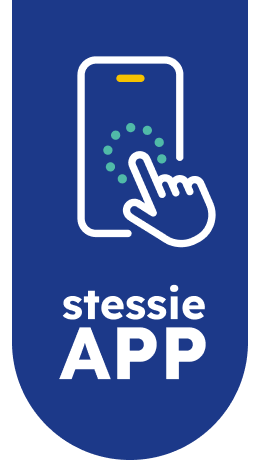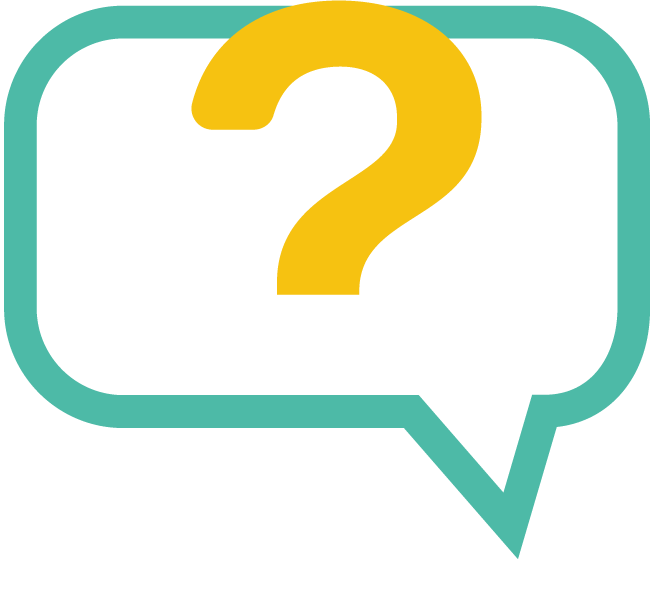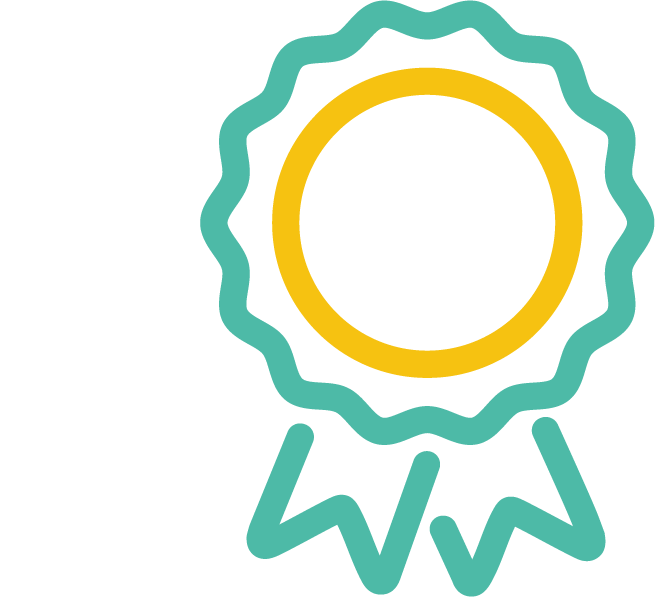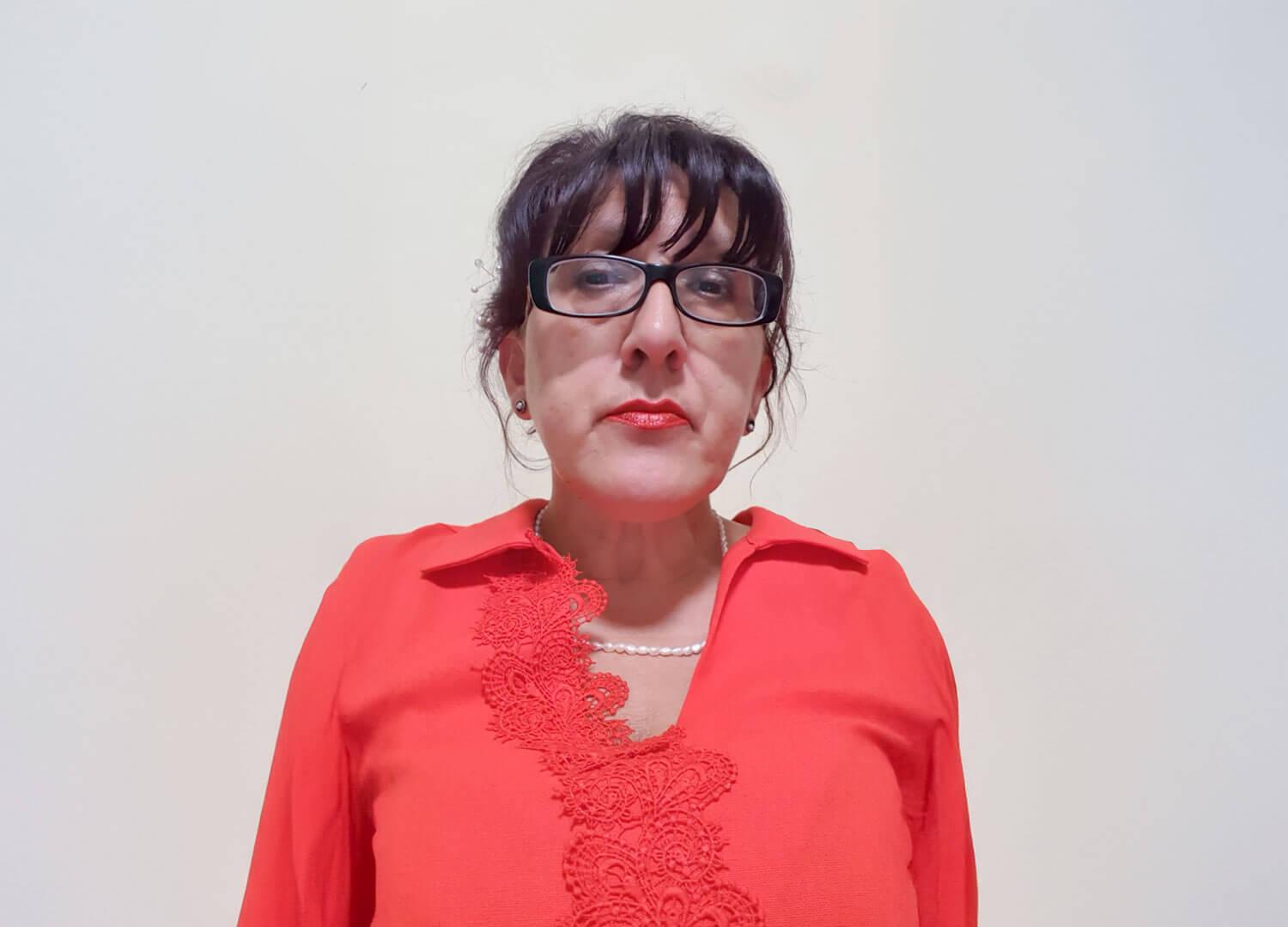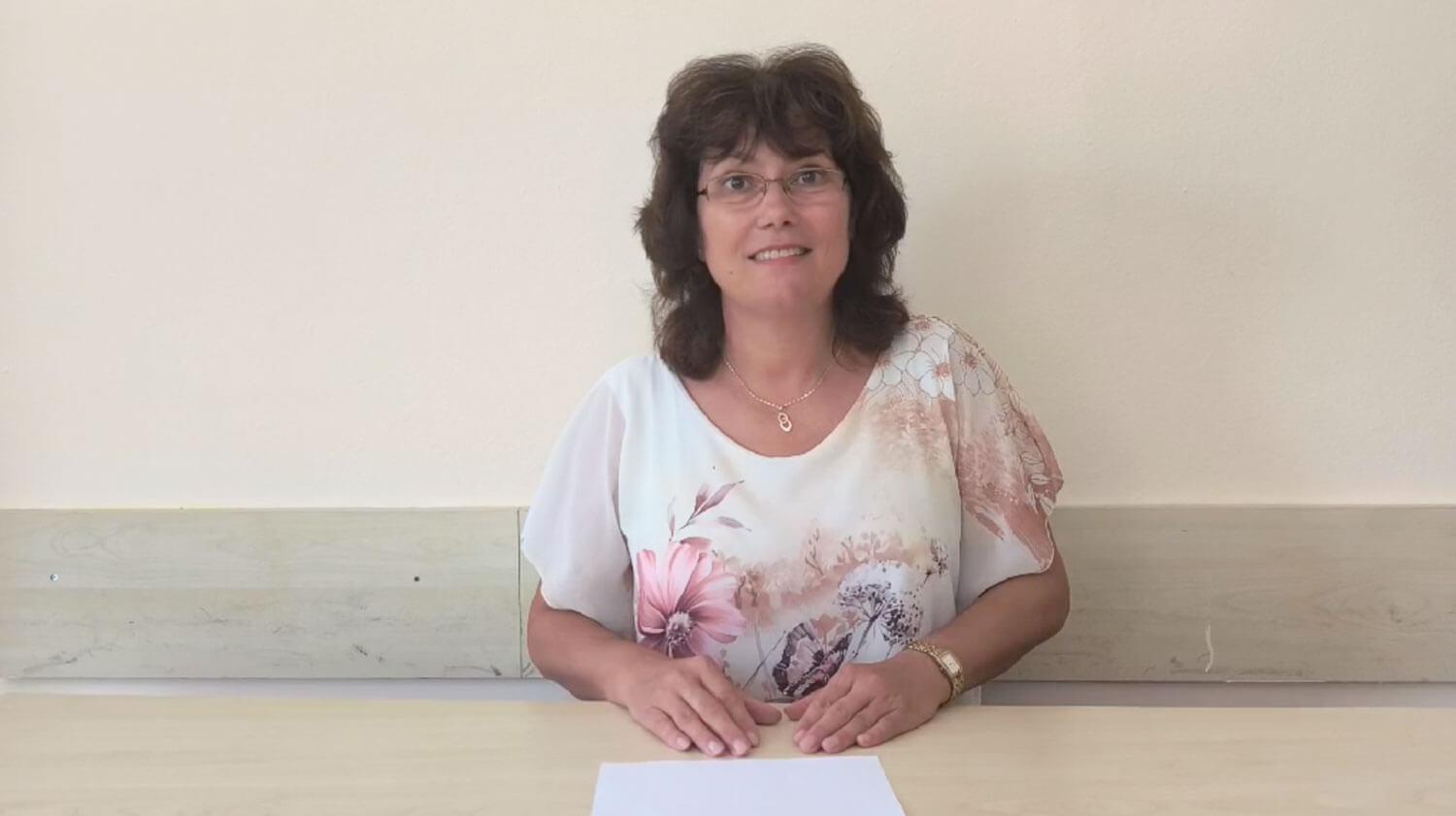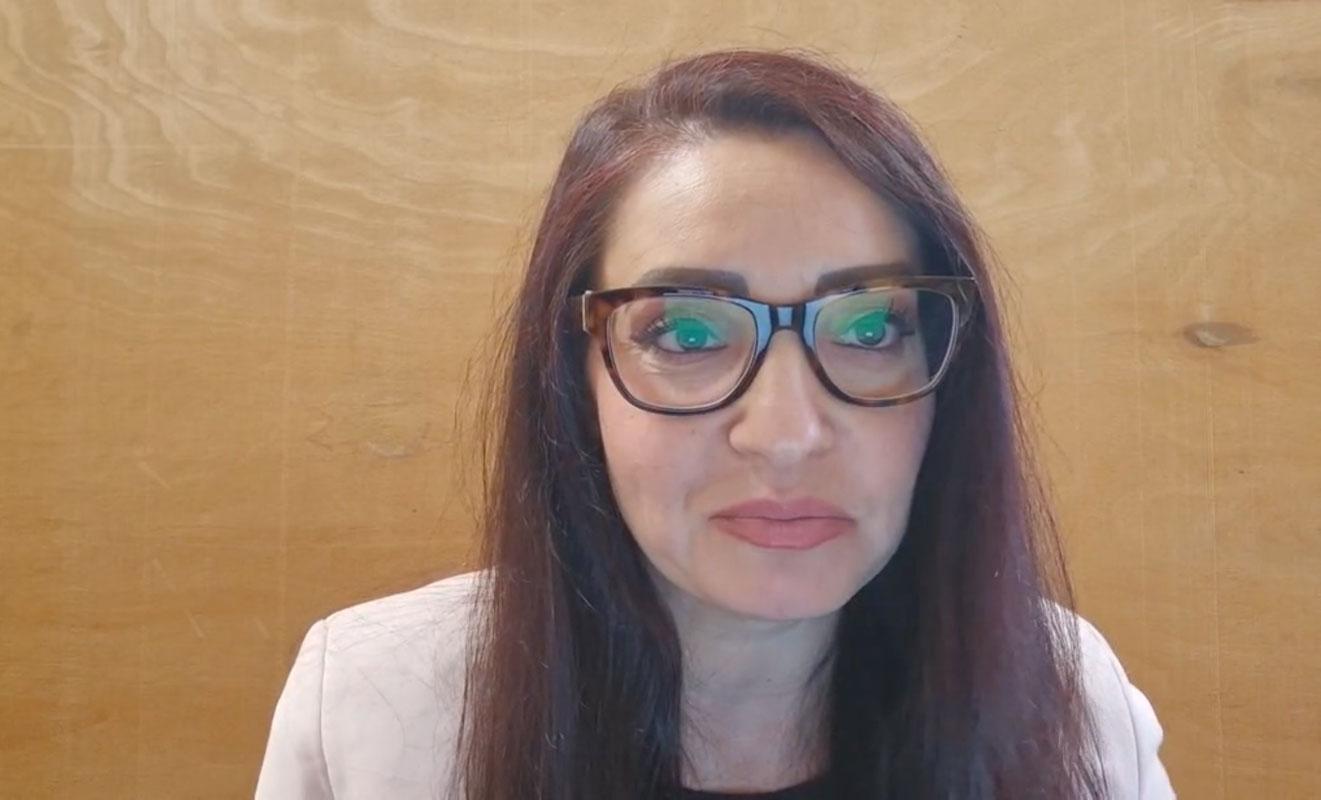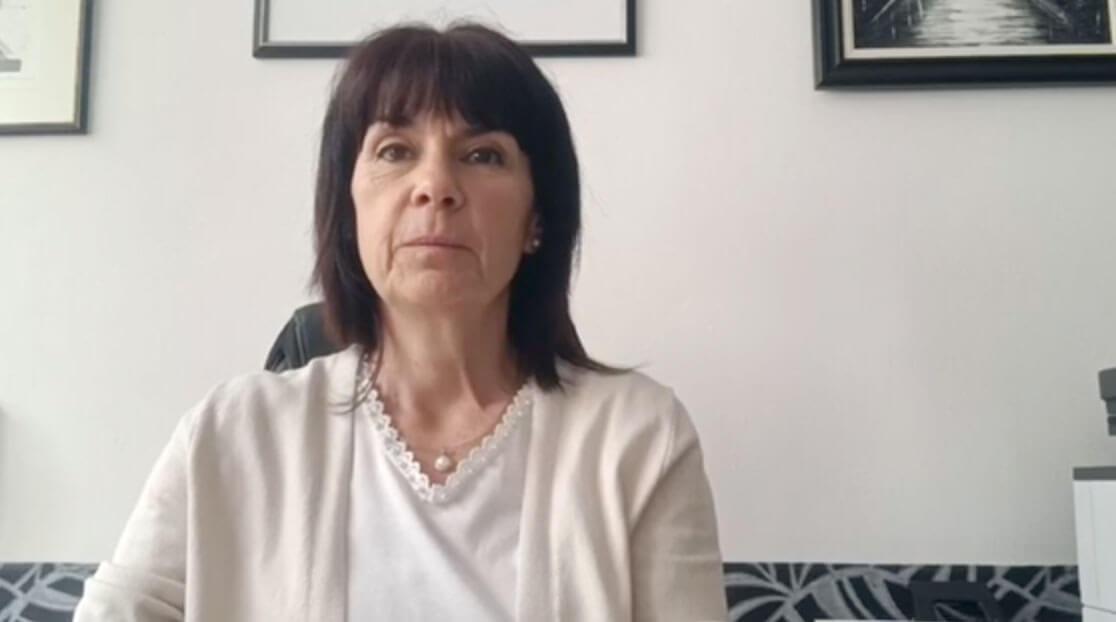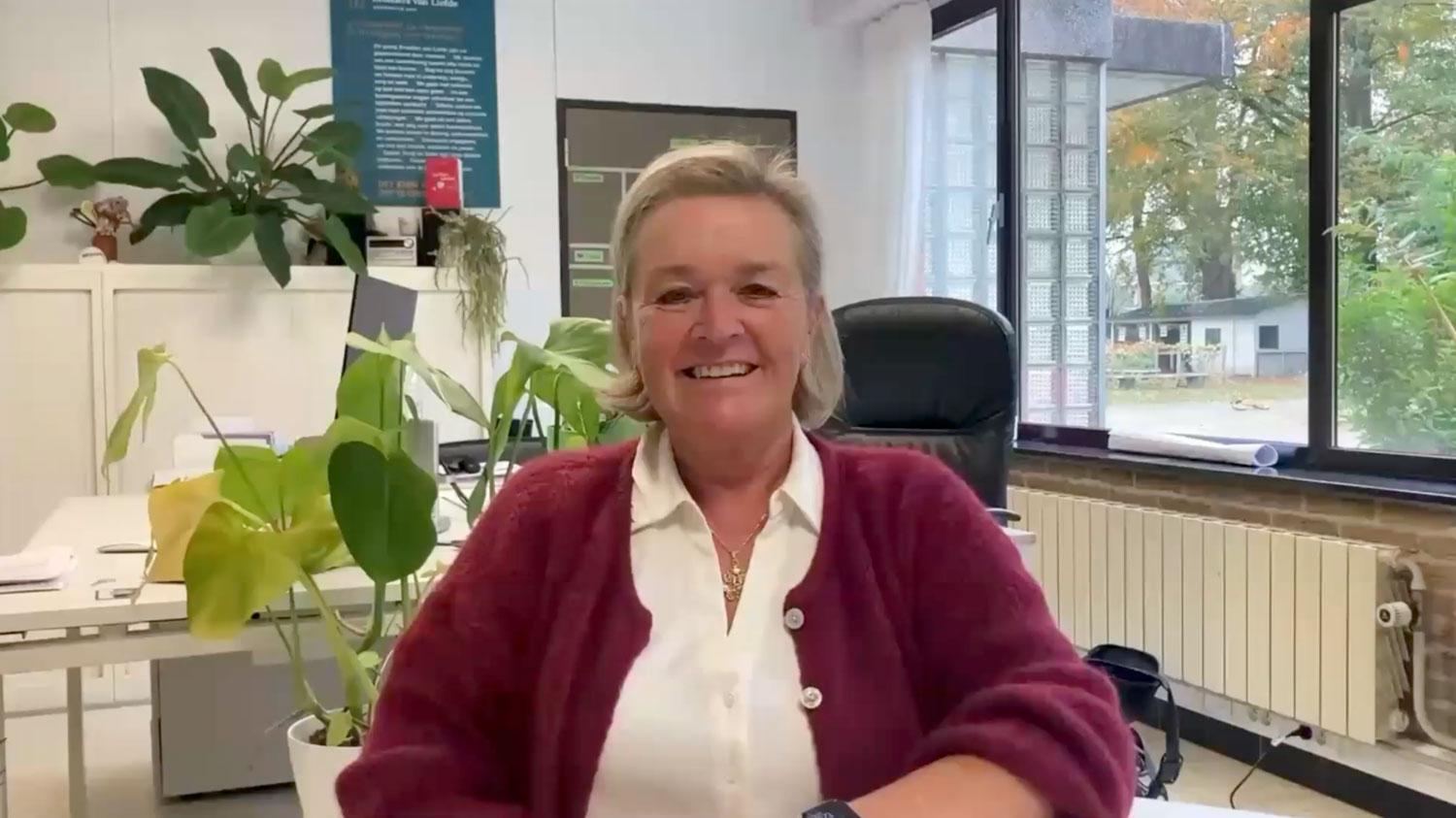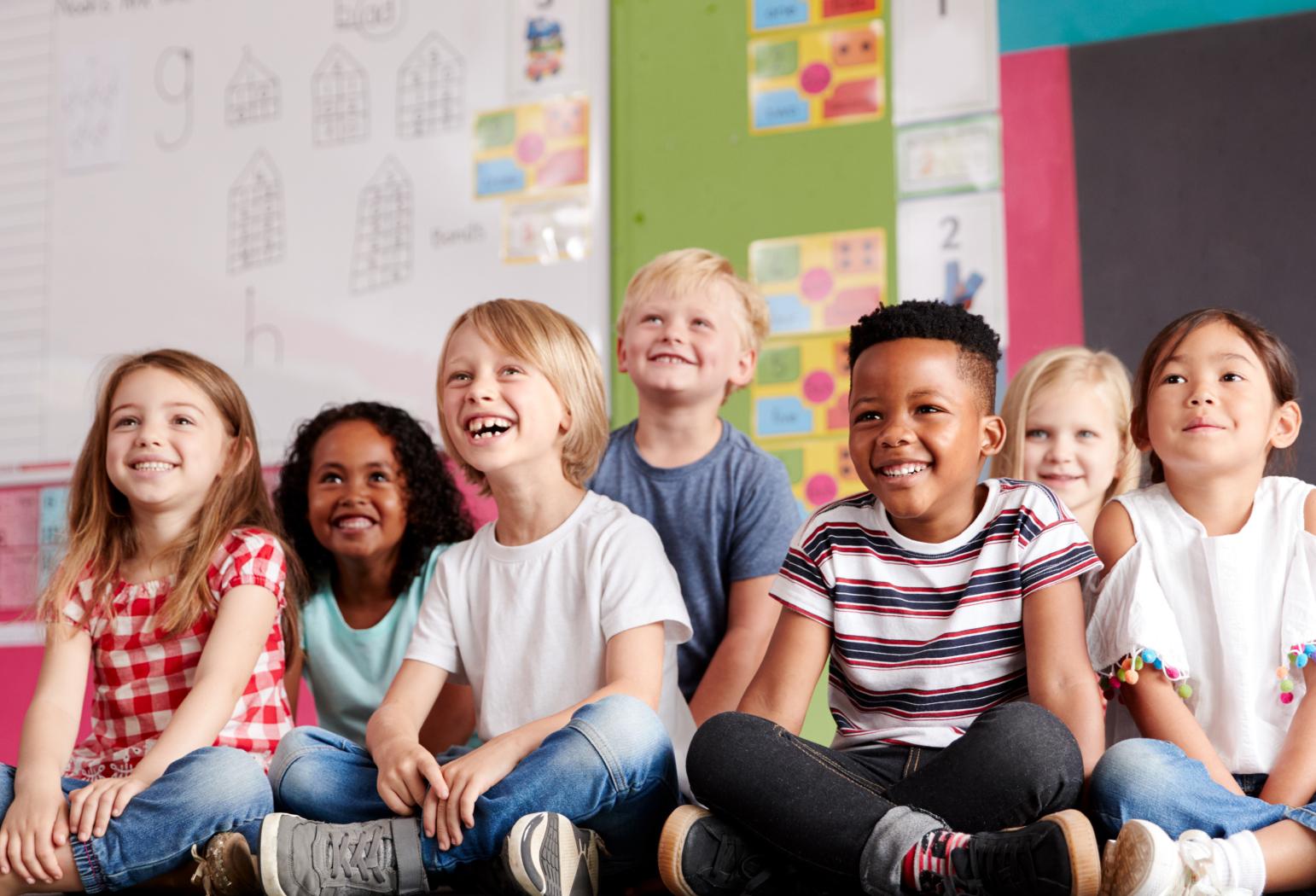

STESSIE, veebipõhine eneserefleksiooni tööriist, on loodud selleks, et toetada koole oma kaasava koolikultuuri analüüsimisel, hindamisel ja arendamisel.Tööriista on loonud mitme riigi eri valdkondade haridusekspertide (inspektorite, koolijuhtide, õpetajate, nõustajate, teadlaste jne) meeskond . See on kahe Erasmus+ programmi, BIBESOIN (2018–2021) ja STESSIE (2022–2025) tulem.
STESSIE-meeter ühendab õpetajate, lapsevanemate ja õpilaste vaatenurgad, et pakkuda terviklikku pilti kooli kaasavast juhtimisest, -kultuurist ja praktikatest.
STESSIE (eneserefleksiooni) instrument aitab koolidel kavandada ja koordineerida tegevusi kaasavama koolikeskkonna loomiseks ning teha teadlikke strateegilisi otsuseid tulevikuks.
social inclusion
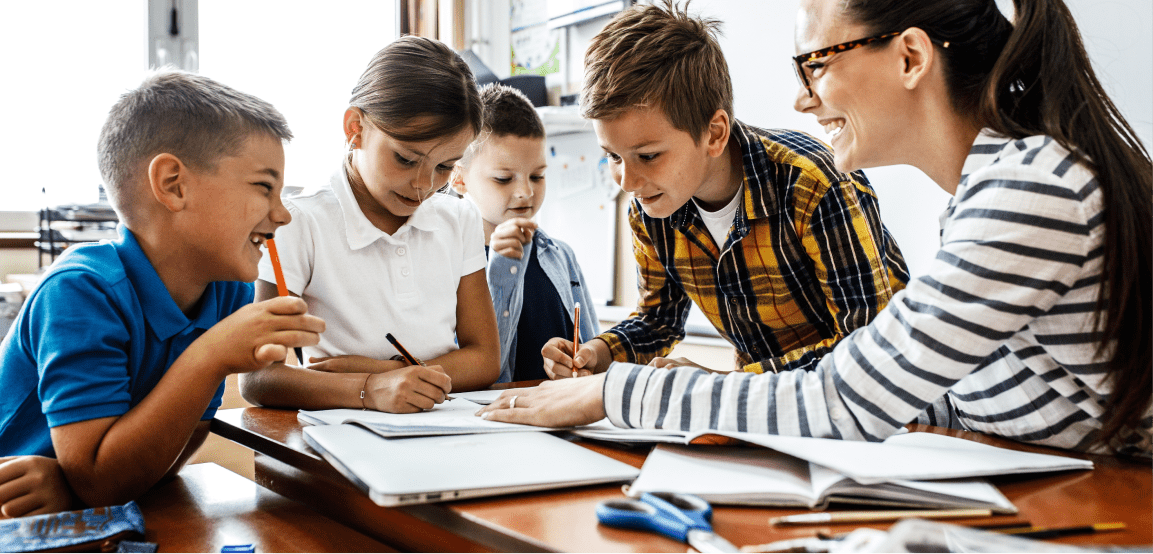
STESSIE-meeter, on lihtne ja kasutajasõbralik tööriist, tmis aitab oma praktikaid mõtestada ja kaasavama koolikultuuri poole liikuda.
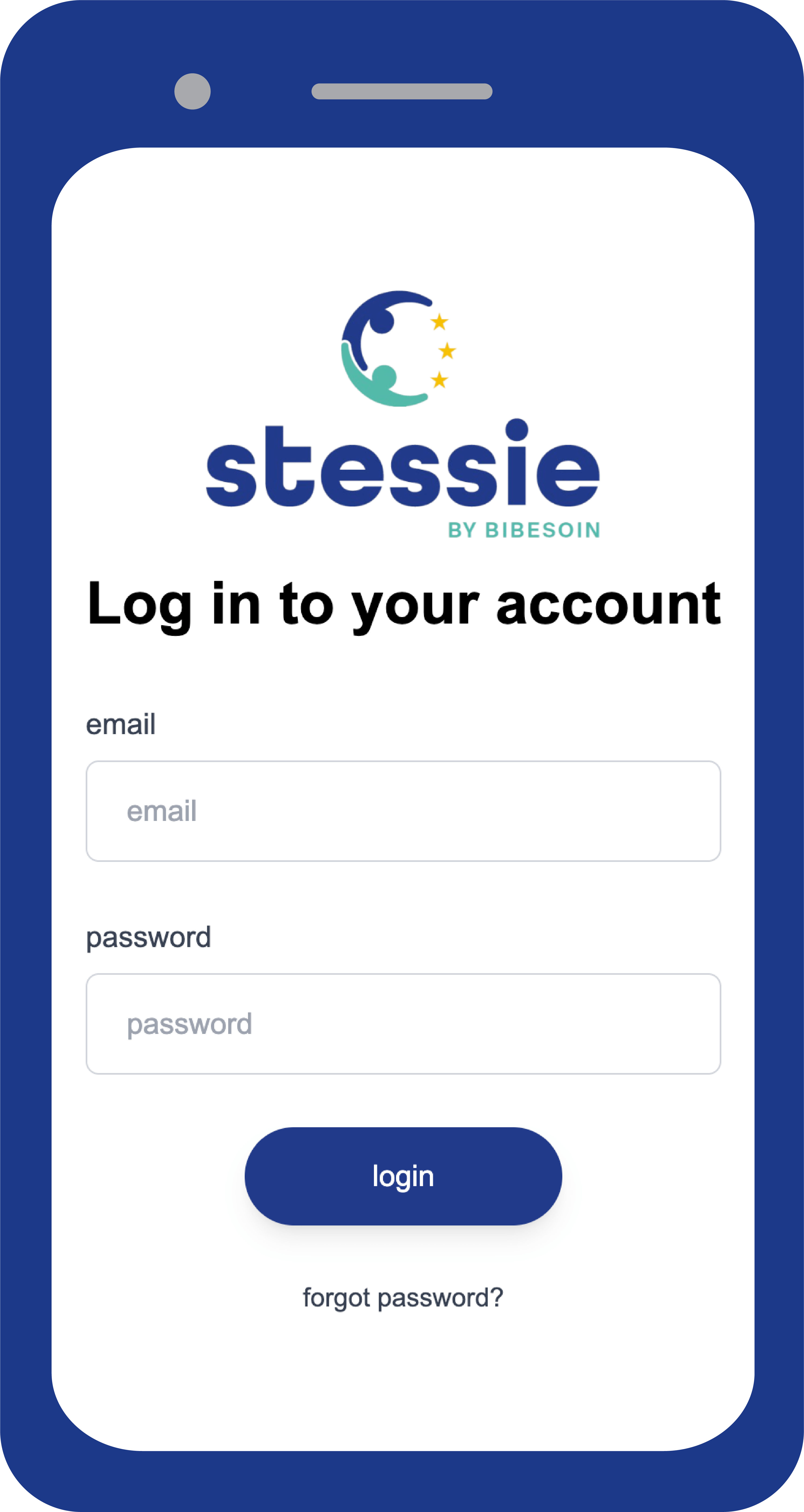
STESSIE abil saab mitme aasta jooksul korduvalt hinnata, mil määral kool kaasavama tuleviku suunas edeneb.
Ga direct aan de slag
STESSIE näeb kaasatust kui kogu kooli hõlmavat kollektiivset vastutust
Milleks?
Et edendada ja tugevdada sotsiaalset kaasatust hariduses
Miks?
STESSIE ühendab kooli personali, vanemate ja õpilaste vaatenurgad, et kujundada terviklik ülevaade kooli kaasavast juhtimisest, -kultuurist ja õhkkonnast.
Kuidas see töötab?
STESSIE on osa protsessist, mis aitab koolidel kaasavamat keskkonda luua, selleks tegevusi kavandada ja ellu viia
Töö tulemustega


Tessie stands out in the crowd
customisable
Vastavuses GDPR-iga
Loodud

Mida ütlevad teised koolid
Zorica Djokovic
Principal of "Wood-art"
Secondary School in Serbia
Our school took part in the piloting of the instrument. The questionnaires were completed by teachers, the support staff, parents, students, and me, as the school principal. The questionnaires are extensive, yet comprehensive. They clearly highlight the complexity of inclusion and all its aspects within the school environment. The school plans to use the instrument in the next self-evaluation.
Desislava Ognyanova
Principal of 128 Secondary School "Albert Einstein" - Sofia, Bulgaria
128 Secondary School "Albert Einstein" took part in the pilot implementation of the STESSIE tool. The use of the application, supported by well-structured questionnaires, motivated both teachers and parents to work toward our common goal – the inclusion and integration of every single student.
Denis Hadzhieva
Primary Education Teacher at the 8th Secondary School “Vasil Levski” - Sofia, Bulgaria
Participation in the STESSIE project provided a valuable opportunity to critically reflect on the processes of educational inclusion and contributed significantly to the development of a more inclusive and supportive school environment. The results obtained from the questionnaires enabled the identification of both strengths and areas requiring improvement within the school’s practices. Moreover, the study facilitated enhanced communication within the school community and stimulated thoughtful reflection and dialogue on inclusion-related issues. The school leadership intends to utilise the collected data to further develop and refine inclusive strategies, as well as to inform the adaptation of school policies.
Milena Anachkova
Principal of the 8th Secondary School “Vasil Levski” - Sofia, Bulgaria
The school’s leadership recognises the STESSIE questionnaires as an effective tool for monitoring progress and evaluating the impact of the measures undertaken. A total of 371 participants took part in the survey, expressing their satisfaction, attitudes, and willingness to engage in new educational initiatives. The repeated use of the STESSIE questionnaires is planned in order to ensure continuity in data collection and to support evidence-based decision-making in the development of inclusive school policies.
Cindy Van der Snickt
Principal of the School “De Wonderboom" - Belgium
Director Cindy Van der Snickt from De Wonderboom Children’s centre shares how her school in Flanders has developed its own distinctive approach. The centre supports children from birth to age 12 and has been actively strengthening its inclusive practices for several years. To reflect on their progress, the team used the STESSIE tool, which they hope will remain a valuable resource as they continue building an inclusive environment.
